In our blog series, The Caregiver’s Toolkit for Alzheimer’s and Dementia, we’re offering in-depth resources for those caring for someone living with Alzheimer’s or other types of dementia.
It’s natural for caregivers to want to provide care for seniors within their home for as long as possible. While the reasons may vary, a few are more common than others. Caregivers may be unaware of other available care options or feel a sense of guilt at the thought of not providing the care themselves.
However, for most, caring for someone living with mid-to-late-stage Alzheimer’s disease or other types of dementia can be challenging and may require professional assistance to manage successfully.
How do you know when it’s time for memory care – sometimes referred to as specialized care – for a senior experiencing cognitive decline? Use the following lists of signs as your guide, then read on for a deeper dive into the topic below.
Signs It’s Time to Consider Memory Care
Watch for the following signs when deciding if memory care is an option worth considering:
- Drastic changes in behavior, like paranoia, aggression, or agitation
- Confusion that risks their safety, such as wandering, unsafe driving, leaving the stove on, or noncompliance with medications
- Declining physical health, like a sudden weight loss or change in appearance and grooming habits
- Incontinence which increases the risk of kidney stones or blood infections
- Social withdrawal, such as showing no interest in connecting with friends, engaging in hobbies, or pursuing new interests
Caregivers providing assistance to someone in the earlier stages of Alzheimer’s may play a support role, as a full-time helper would, giving cues and timely reminders, running errands, manage household tasks, providing companionship, and scheduling and providing transportation to and from appointments.
As the disease progresses, your role as caregiver will shift by necessity. You may be called upon to help with once-routine tasks, like bathing, eating, dressing, and more. The expanding role of caregiver can create undue and unintended stress, complicating the relationship you have with them. Even if you have previously, successfully cared for someone in the early stages of dementia in your home or with the assistance of an in-home nurse or aide, someone with mid-to-late-stage dementia may require more extensive care than you can or should manage.
How to Navigate the Decision and Guilt
The decision to move someone with cognitive decline into a memory care community can be overwhelming and full of emotion. Some caregivers may feel a sense of inadequacy, guilt, or fear for the future. Others may have promised that they would never move the person in their care out of their own home or into a nursing home – a promise which may create further complications as the disease progresses.
Keeping everyone’s well-being in mind should help guide your decision-making. As a caregiver you want what’s best for the person who is living with dementia and what is best for yourself, which may mean making the shift a high-quality memory care community and accepting the assistance of trained professionals.
Use the following questions to help evaluate the care you’re able to provide:
- Do you believe that the person in your care may be unsafe at any point when they are on their own?
- Is your health or their health at risk?
- Are their needs for care stretching beyond your ability to provide it?
- Are you becoming a stressed, irritable, and impatient caregiver?
- Are you neglecting work responsibilities, your family, or yourself for the well-being of the person in your care?
- Would the structure and social interaction in a memory care community benefit them?
In addition to providing care for physical needs, the best memory care communities provide opportunities for enrichment and social engagement appropriate for their cognitive level. Specialized dementia care coordinators understand the specific needs of people living with cognitive decline and create individualized care plans to improve and enhance their quality of life.
Explore Reflections Memory Care at 305 West End
Reflections Memory Care is a highly customized memory care program offered at 305 West End Assisted Living. The program is designed to foster a sense of purpose, ensure safety, and provide comfort and support to both the residents and their families facing the challenges of dementia.
Our memory care neighborhood contains specialized care suites, which are fully dedicated to residents living with Alzheimer’s or other types of dementia. An experienced team of specially trained professionals personalizes care and programming to each resident’s abilities and interests.
Reflections residents have access to the following services and amenities:
- Three nutritious daily meals in our Country Club dining room
- Housekeeping, weekly linens, and laundry services
- Engaging events, programs, and outings
- Assistance with daily tasks as needed, including bathing, dressing, grooming, and medication monitoring
Learn more about Reflections Memory Care >>
Download a Complimentary Guide to Memory Care in Manhattan
With a wide variety of memory care options in Manhattan, it can be helpful to have a place to start when evaluating them. Our free memory care guide includes information on what to consider when choosing a memory care community, including:
- What’s typically included in a memory care program
- What questions you should ask when evaluating programs
- Examples of quality programs and offerings
This blog was originally published in 2021. It was updated in June 2024.






